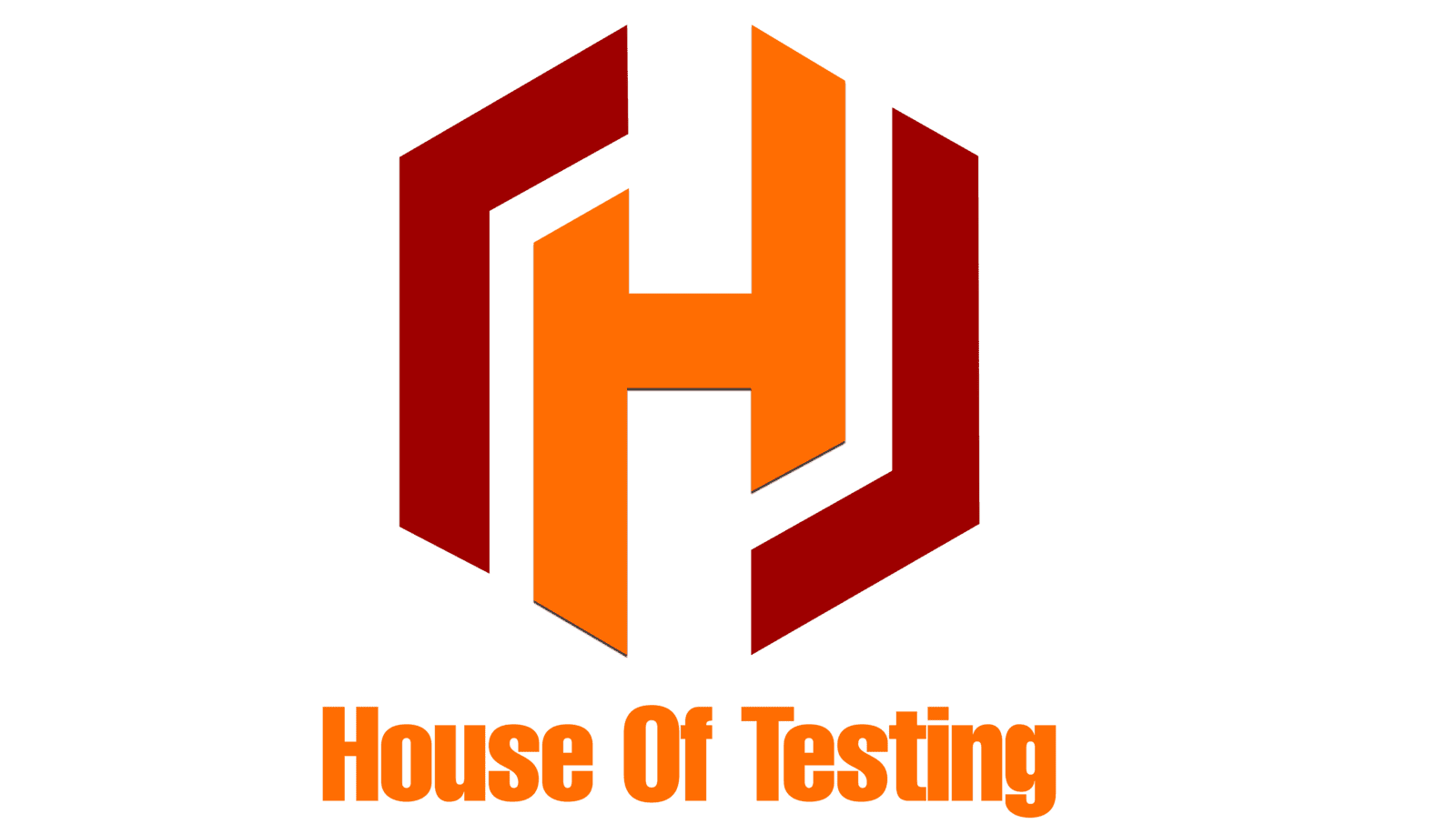Military Standards, Drone Test
The House of Testing Lab provides well-established testing facilities for Automotive Components such as Electrical And Electro-Mechanical Components, Lighting Components, Metal Parts, and so on. Our lab is BIS-approved under its CRS (Compulsory Registration Scheme) to test these products for Indian certification. We are also NABL accredited and recognized by the Bureau of Energy Efficiency in India.
At House of Testing, we understand the importance of adherence to standards. Our experienced technicians follow the prescribed protocols to conduct the tests. Partnering with House of Testing offers several benefits. Our laboratory is equipped with cutting-edge testing equipment and facilities, enabling us to deliver accurate and reliable results efficiently. Our team of experts brings years of experience in the field, ensuring the highest level of professionalism and expertise throughout the testing process.
Scopes & Testing
Military Standards, Drone Test
At House of Testing, we perform multiple tests for Military Standard like MIL-STD-810 G and MIL-STD-810 H. MIL-STD-810 is a standard that outlines environmental engineering considerations and laboratory tests to simulate various environmental conditions for testing military equipment. Versions G and H of MIL-STD-810 specify different procedures for testing equipment under a range of environmental stresses. Here's a brief overview of MIL-STD-810G and MIL-STD-810H and their relevance to drone testing:
MIL-STD-810G:
MIL-STD-810G is the seventh revision of the standard and was published in 2008. It builds upon previous versions and includes updated testing procedures and guidelines. It is widely used for testing equipment in various military applications, including drones.
MIL-STD-810H:
MIL-STD-810H is the latest revision of the standard, published in 2019. It continues to provide testing methods for evaluating the effects of environmental stresses on military equipment, and it includes updates and improvements over previous versions.
Relevance to Drone Testing:
MIL-STD-810G and MIL-STD-810H are relevant to drone testing because drones are often exposed to a wide range of environmental conditions during their operational life. These standards provide guidelines for testing drones under conditions such as:
- 1) Temperature: Testing drones under extreme temperature conditions, both high and low, to ensure they can operate effectively in various environments.
- 2) Humidity: Evaluating the effects of high humidity levels on drone performance, materials, and electronics.
- 3) Altitude: Simulating high altitudes to assess how drones perform at different air pressures.
- 4) Vibration and Shock: Subjecting drones to mechanical vibration and shock to test their durability and resistance to impacts.
- 5) Rain and Dust: Testing drones for their resistance to rain, blowing sand, and dust, which are common environmental factors in military operations.
- 6) Solar Radiation: Assessing the impact of direct sunlight on drone materials and electronics.
- 7) Salt Fog: Evaluating drones' resistance to corrosive environments, such as salt fog, which can be encountered in maritime operations.
- 8) Fungus: Testing drones' resistance to fungal growth, especially in humid or damp environments.
- 9) Transportation and Handling: Simulating the effects of transportation and handling on drones, including mechanical shocks and vibrations.
For drone testing, you would select the specific test methods that are most relevant to the intended use of the drone and the environmental conditions it might encounter. At House of Testing, we ensure that the drone's design, materials, and components are capable of withstanding the challenges of military operations. It's important to refer to the relevant sections of MIL-STD-810G or MIL-STD-810H for detailed testing procedures and guidelines. Contact our experts today, who are knowledgeable about these standards and drone technology.
PRODUCTS
- • Military Standards
- • Drone Test
- • Assembled Complete Drone
- • Motors
- • Electronic Speed Controllers
- • Flight Controller Boards
- • Propellers
- • Radio Transmitters
- • Batteries
- • Power distribution cables
- • Gears
- • Camera
- • Sensors
- • Accelerometers
- • Altimeters
- • GPS modules
STANDARDS
- • JSS : 55555
- • IEC 61000
- • IS 9000
- • IS 60529
TESTS
- • Humidity Chamber Test
- • Dust
- • Rain
- • Salt mist
- • Solar radiation
- • IP classification testing
- • Impact
- • Vibration & shock
- • Vibration and temperature
- • EMC Testing
- • Radio Testing
- • Hot And Cold Conditioning Test
- • Thermal Shock
- • Cyclic Environmental Corrosion
- • Dust And Water (Ingress Protection)
- • Xenon Arc Weathering Test
- • UV Resistance
- • Gloss
- • Color
- • Opacity
- • Corrosion (Cyclic)
- • VOC
- • Scratch Hardness
- • Vibration test
- • 1.5 Ton and 6 Ton Shaker
- • VRC Controller
- • With environmental
chamber - • Durability Bench Test
- • Pneumatic Life cycle
- • Mechanical Strength
- • Voltage Variations
- • Pulse Generator Test



